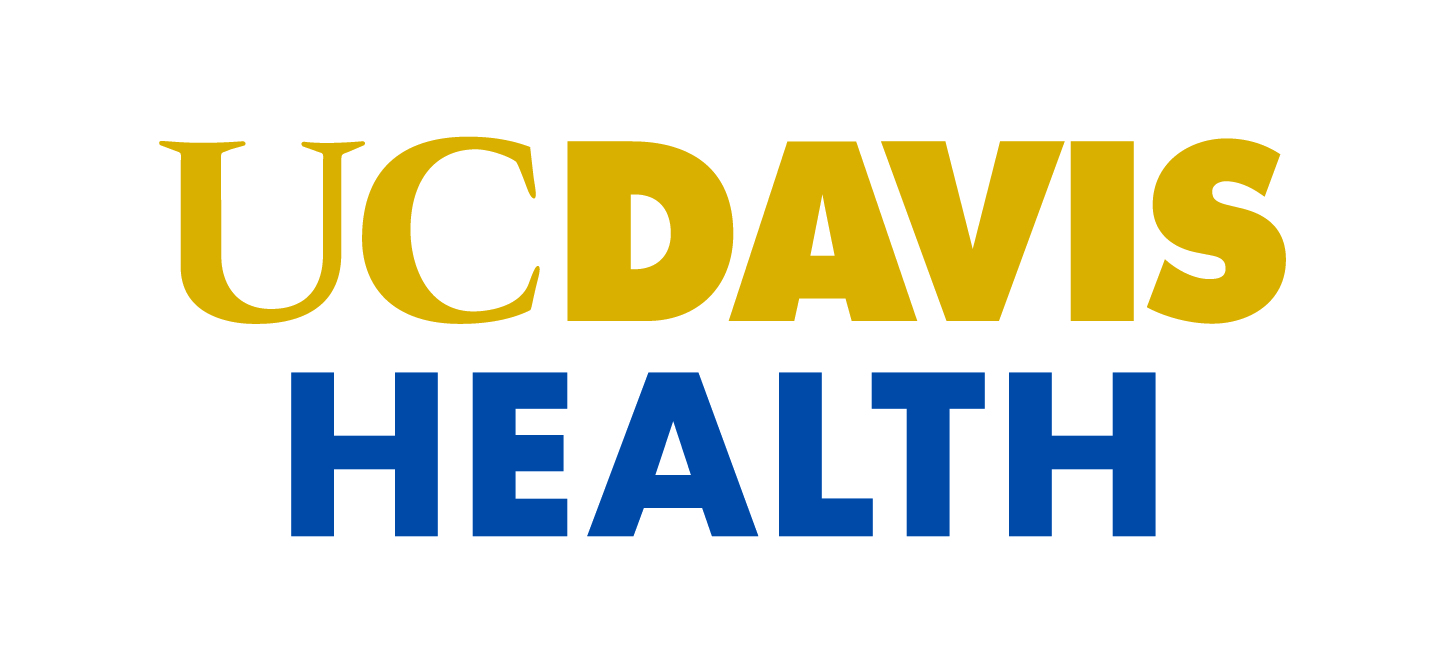Newswise — (SACRAMENTO) — Callers to the California Smokers’ Helpline can now get an additional tool to help them quit using tobacco: nicotine patches.
Two-weeks of daily patches will be mailed at no cost to eligible adult callers while supplies last through a grant from University of California’s Tobacco-Related Disease Research Program. A study will determine if promoting the patches increases calls to the Helpline.
In addition to the patches, Helpline callers will receive free one-to-one telephone counseling (available in several languages) and educational resources.
(Information on how to reach the California Smokers' Helpline is provided below.)
The grant and study are led by UC Davis Health physician Elisa Tong. Her research is dedicated to finding effective ways to help people quit using tobacco and reduce their risks of cancer and other tobacco-related diseases.
Tong’s previous research demonstrated that promoting and providing nicotine patches to Medi-Cal patients increased calls to the Helpline. The new study will determine if they achieve similar results with a broader population during the COVID-19 pandemic.
There is growing concern that people who smoke have unique risks for COVID-19.
“We know smoking increases the risks of respiratory infections and reduces the body’s immune system and ability to fight infections,” Tong said. “We are seeing clinical reports that those who smoke and have COVID-19 can get sicker than those who don’t smoke.”
Patches reduce cravings for nicotine — the addictive chemical in tobacco — by delivering a low, steady dose of it through the skin, according to Tong. They are especially helpful in reducing symptoms of nicotine withdrawal, including feeling anxious or irritable. Those symptoms can make the first two weeks after quitting the most difficult.
Tong's study also includes evaluations of public health messages encouraging smokers to quit, and how nicotine patches covered by insurance could become a permanent part of the Helpline's intervention.
“We want to know if promoting the patches and quit messages drive more people to request the free evidence-based support and resources available to them now — without needing to see a doctor,” Tong said.
Staff of CA Quits, a program that promotes best practices in tobacco-cessation treatment, and the California Smokers’ Helpline will provide promotion and evaluation support for the project.
# # #
Information from the California Smokers’ Helpline is available online at www.nobutts.org or by calling 1-800-NO-BUTTS. From outside of California, call 1-800-QUIT-NOW.
Elisa Tong is an associate professor of general internal medicine and medical director of the UC Davis Comprehensive Cancer Center’s Stop Tobacco Program. She also is project director for CA Quits. Details about her research and outreach are available here.
More information about UC Davis Health, including its Division of General Internal Medicine and National Cancer Institute-designated Comprehensive Cancer Center, is at health.ucdavis.edu.
# # #
# # #
